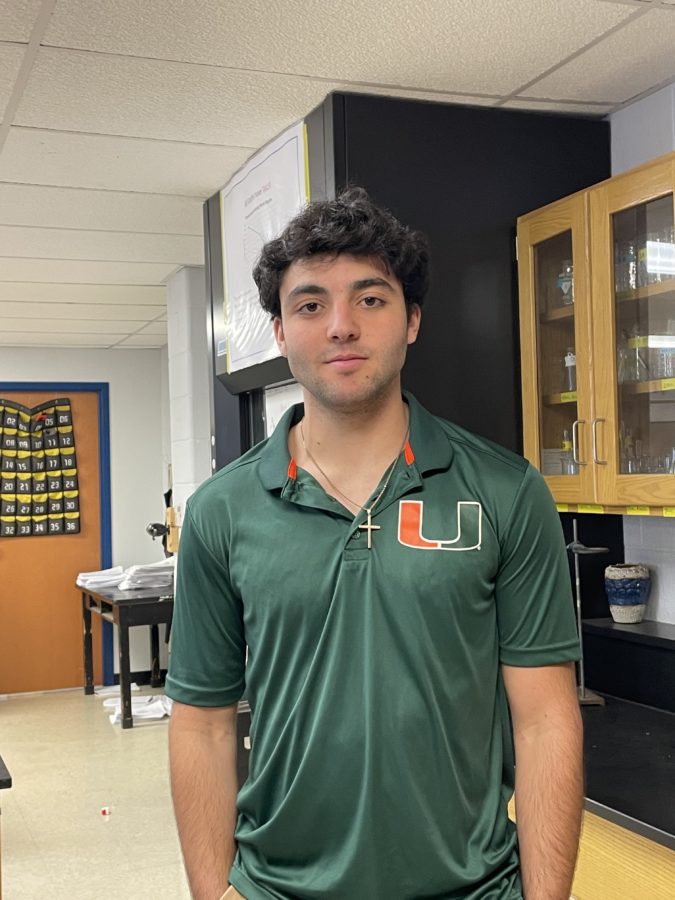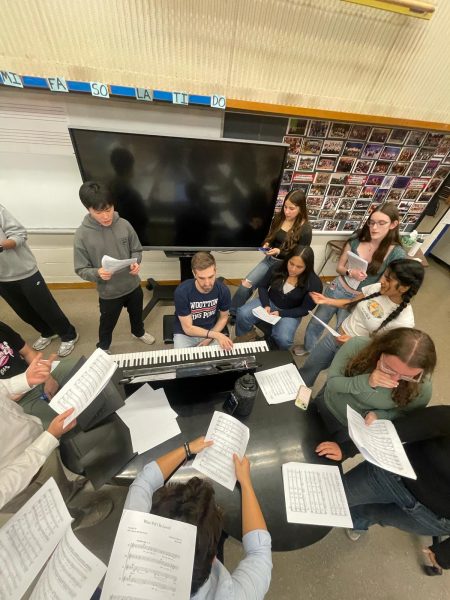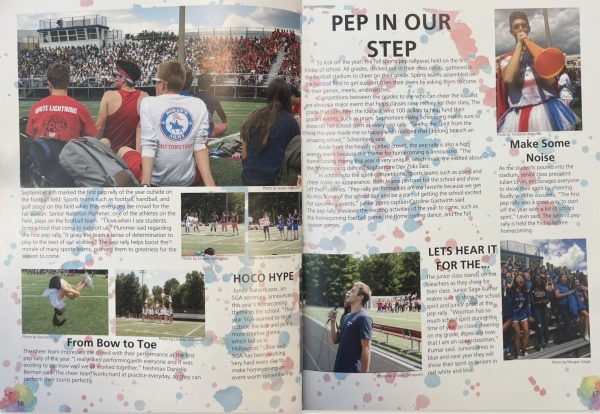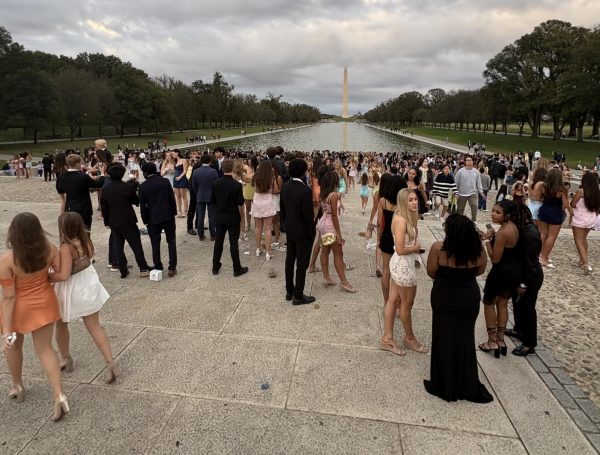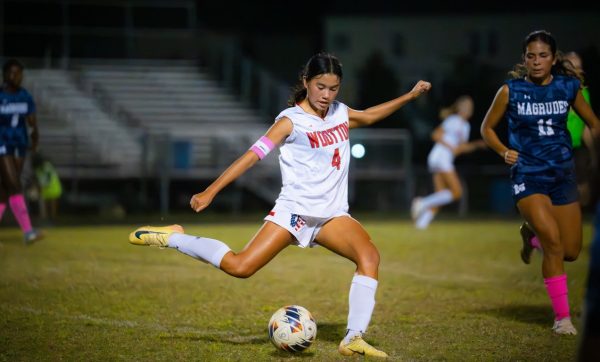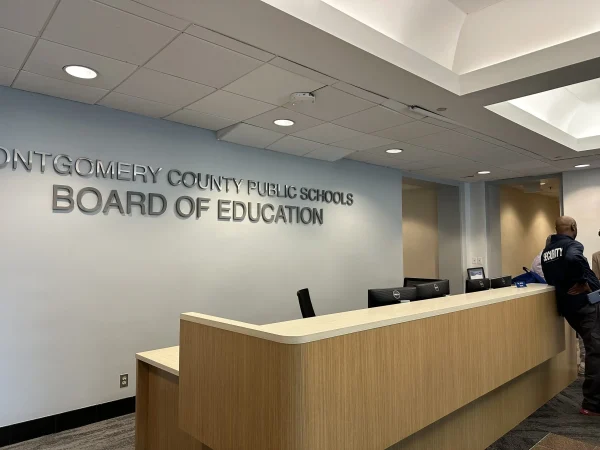Selfless or selfish: The debate over withdrawing college applications
Senior Devlin McCarthy rescinded all of his applications once receiving his acceptance to his Early Decision school: University of Miami.
After students have made their decision about where they will attend college and have committed to a school, they have a choice to make: keep their agreements with a college and rescind all of their other applications, or keep their applications in the application pool knowing they won’t attend the school.
Once students have committed to a college via regular decision, they are not required to withdraw their other applications to other schools, potentially taking other students’ spots. There are two different ways a student can break a binding agreement with a college by waiting to hear a decision from their other schools. First: Early Decision, in which students enter binding agreements with colleges upon acceptance where they promise to attend, and rescind the applications for their other schools. Second: Early Action, which is non-binding, and simply has an earlier decision date. However, if one commits to an Early Action school, according to the Common Application, they still must withdraw applications from all other schools they applied to. “If you have been accepted Early Action at a college, you do not need to withdraw your application to other colleges unless you have already decided to attend the Early Action college.”
Some students feel they have a right to keep their application in the pool, as they worked hard on the application and paid the hefty application fee. However, there are reasons why it is crucial students should withdraw their application.
Students might rationalize keeping the application open: “I want to find out if I got in. I will just decline the acceptance as soon as I get it so it doesn’t matter.” However, the application that was kept in the pool was reviewed by an admissions officer and deemed this application a good fit for the college. The time spent reviewing this application could have been spent on another application that was a deferral or waitlist. More importantly, if this instantaneous decline opens a spot for someone else off the waitlist, they have the lingering thought of self doubt since they didn’t originally get in. What might have been their top school is now clouded by the thought that “they didn’t really want me.”
Another reason to keep the application open is: “It’s fine to wait and hear back since I know no one from our school applied.” At a school with over 500 seniors, it is nearly impossible to know where every student applied. Many students keep their college process private so no student can officially know that no other student applied to that college until the following year. Even in the limited chance that no one applied to that specific school, there are other students around the world who are applying to that school. One applicant is almost always hurting someone else’s chances of admission. Other students around the world are just as deserving as students one personally knows.
Another reason not to withdraw an application might be: “I paid the application fee so I deserve to see my decision.” While it’s unfair not to see a decision after paying to apply, that is the risk of applying Early Decision, or Early Action. You get the substantial benefit of a smaller pool of applicants, higher acceptance rates, and in some cases, more merit-based scholarships available. But entering this agreement must have a trade-off; it is a binding agreement with that school. One receives these advantages, and in exchange, they know that is the only school you will hear from if accepted, or that you cannot hear from any others after the time at which one commits.
Another reason not to withdraw: “I accepted my offer hoping to receive financial aid, but I didn’t receive enough so now I can’t afford the school.” Although this is an unfortunate situation, the student should not have accepted the offer to the college if they were unaware if they could afford it. In this instance there are next steps to take when declined enough financial aid. Students can appeal to the financial aid office, apply for scholarships and ask their high school for assistance in finding funds. In most early decision agreements, there is a clause to let a student out of this binding contact for this one exception, affordability. In this case, one should not rescind their other applications, or turn down their acceptance until every other option has been exhausted.
The action of not withdrawing applications once accepted and enrolled in another university hinders and offers negative repercussions to another applicant. This ideology of wanting to know if they got into college for their own reasons with no repercussions is a negative lesson to teach young adults. If it is taught that an agreement can be broken, this incident will carry throughout their life.
Your donation will support the student journalists of Thomas S. Wootton High School. Your contribution will allow us to purchase equipment and cover our annual website hosting costs.
Julia is a 2023 graduate.


